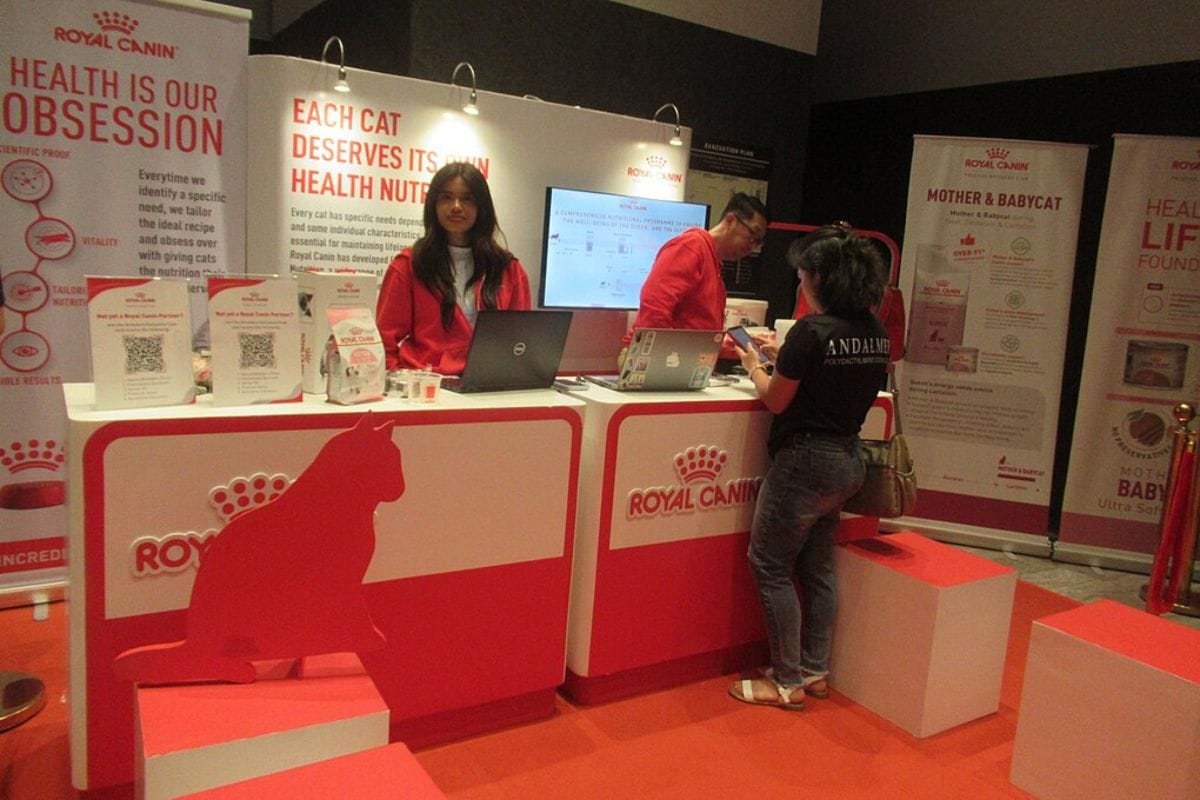Are you ready to plan an awesome event that everyone will remember for years to come? Let me help you out with 10 strategic steps that will guarantee success! Whether you’re an experienced event planner, a small business owner looking to host a corporate gathering, or a marketing professional, understanding the intricacies of planning is crucial. This comprehensive guide will walk you through a series of actionable steps to guarantee your event is successful and a memorable occasion for all attendees.
What is Event Planning & Why Event Planning Important
Event planning is more than just organizing a gathering; it’s about creating lasting experiences. By meticulously conceptualizing, planning, executing, and evaluating each event, planners ensure that every detail aligns with the client’s vision and leaves a positive impression on attendees. From intimate gatherings to grand celebrations, the art of event planning lies in transforming ideas into unforgettable realities.
An event is more than just a social gathering or a business meeting. It’s an opportunity to make a statement, build brands, foster community, and even launch movements. Effective planning ensures that your event serves its purpose and achieves the desired outcomes.
A well-executed event can:
Enhance Your Brand Image: Events showcase your personality, values, and brand promise.
Forge Strong Relationships: From customers to partners, face-to-face interactions can build trust and loyalty like nothing else.
Drive Business Growth: Events provide a platform for lead generation, new partnerships, and sales.

How to plan a successful event
1. Define Objectives and Goals
Setting clear objectives is the compass that guides your event. Begin by asking yourself what you hope to achieve. Are you aiming to increase sales, educate your audience, or celebrate a milestone? Your goals should be specific, measurable, achievable, relevant, and time-bound (SMART).
Clarify the Purpose of the Event: Once you have established the goals, it’s time to align them with the broader purpose of your event. This is the “why” – why this event, why now, and why it will be meaningful to your audience.
Set Measurable Goals and Key Performance Indicators (KPIs): Decide on KPIs that directly reflect the success of your goals. Whether it’s the number of leads generated or the percentage of attendees rating the event above satisfaction, these KPIs will inform the success of your event.
2. Early Planning Strategies
The early bird gets the worm, and the early planner avoids stress. Start as early as possible to secure venues, vendors, and attendees.
Optimize Budget Allocation for Maximum ROI: Every dollar spent on your event should be a strategic investment. Prioritize elements that will most effectively help achieve your goals and KPIs. Remember, quality trumps quantity.
3. Build a Dynamic Event Team
Event planning is not a one-person show. Create a team that complements your skills, shares your vision, and can be delegated tasks that play to their strengths.
Coordinate with Team Members and Event Planners: Continuous communication and regular meetings are essential to keep everyone on the same page. Utilize project management tools to streamline workflows and track progress.

4. Strategic Venue Selection
The venue sets the tone for your event. Consider whether the space and layout facilitate the objectives of your event and the comfort of your attendees. Choose a Date That Maximizes Attendance and Meets ObjectivesAvoid scheduling conflicts as much as possible. Time your event to coincide with key industry events or during seasons when attendance is likely highest.
5. Utilize Event Management Software
Invest in reliable event management software to help you stay organized with registration, email marketing, and day-of-event management.
6. Collaborate with Partners and Sponsors
Partnerships and sponsorships can help offset costs and expand the reach of your event. Reach out to potential collaborators early and establish mutually beneficial agreements.
7. Craft a Detailed Program
Your program should be engaging and structured to support your event goals. Ensure there is a balance of content, breaks, and interactive elements.
Develop a Well-Structured and Engaging Program: The best events have a dynamic program that includes guest speakers, interactive activities, and entertainment, all tied to the event’s purpose. Incorporate Attractions and Entertainment to Enhance the EventInnovative entertainment, photo booths, or networking games can serve as conversation starters and add fun to your event.
8. Strategic Marketing and Branding
Create a marketing plan that resonates with your target audience and reflects your brand identity. Utilize multiple platforms to reach potential attendees.
Develop a Comprehensive Marketing Plan: Your marketing plan should include a mix of digital and traditional strategies. From social media campaigns to email marketing, spread the word creatively and engagingly.
Utilize Brand Identity for a Lasting and Positive Impression: Every aspect of your event, from signage to swag, should be on-brand and reflect the character of your business or organization.

9. Audience Targeting
Understanding your target audience will help tailor the event experience to their needs and interests. Gather and use data to make informed decisions about the event’s content and focus.
Define the Target Audience & Tailor the Event Accordingly: Consider details such as industry, job role, and age group. Personalize the event experience to cater to the preferences of your audience.
Engage Industry Influencers for Increased Visibility: Influencers can help expand your event’s reach and validate its importance within your industry.
10. Capture Memorable Moments
Hire a professional photographer or set up a photo booth to capture the event’s highlights. These visual memories can be used for future marketing and to remind attendees of their positive experiences.
Capture Key Event Data: Utilize technology to gather data on attendee behavior, satisfaction, and more. This information is invaluable for measuring success and planning future events.
Evaluate Success Metrics
After the dust has settled, go over your KPIs and success metrics. What worked well? What could be improved? Use this feedback to refine your event planning and execution continually.

Time to Organize an Event? Get Started with NativExpo
By following these detailed event planning steps, you are in a position to deliver an event that not only meets but exceeds expectations. If you’re ready to take the plunge, NativExpo is here to help. Our seasoned team of event planners is dedicated to bringing your vision to life and making your event a success story—partner with us for an event that stands out for all the right reasons.
Remember, planning a successful event involves attention to detail, flexibility, and creativity. With the right framework and tools, every event can become a benchmark for excellence in your industry. Start planning now and watch your meticulously designed event unfold into a resounding success.




1 Comment
How Event Production Companies Bring Your Vision to Life
[…] is easy to confuse event production with event planning, but they are two distinct services. Event planning involves the overall visualization of the event and formulating strategies to execute it. On the […]